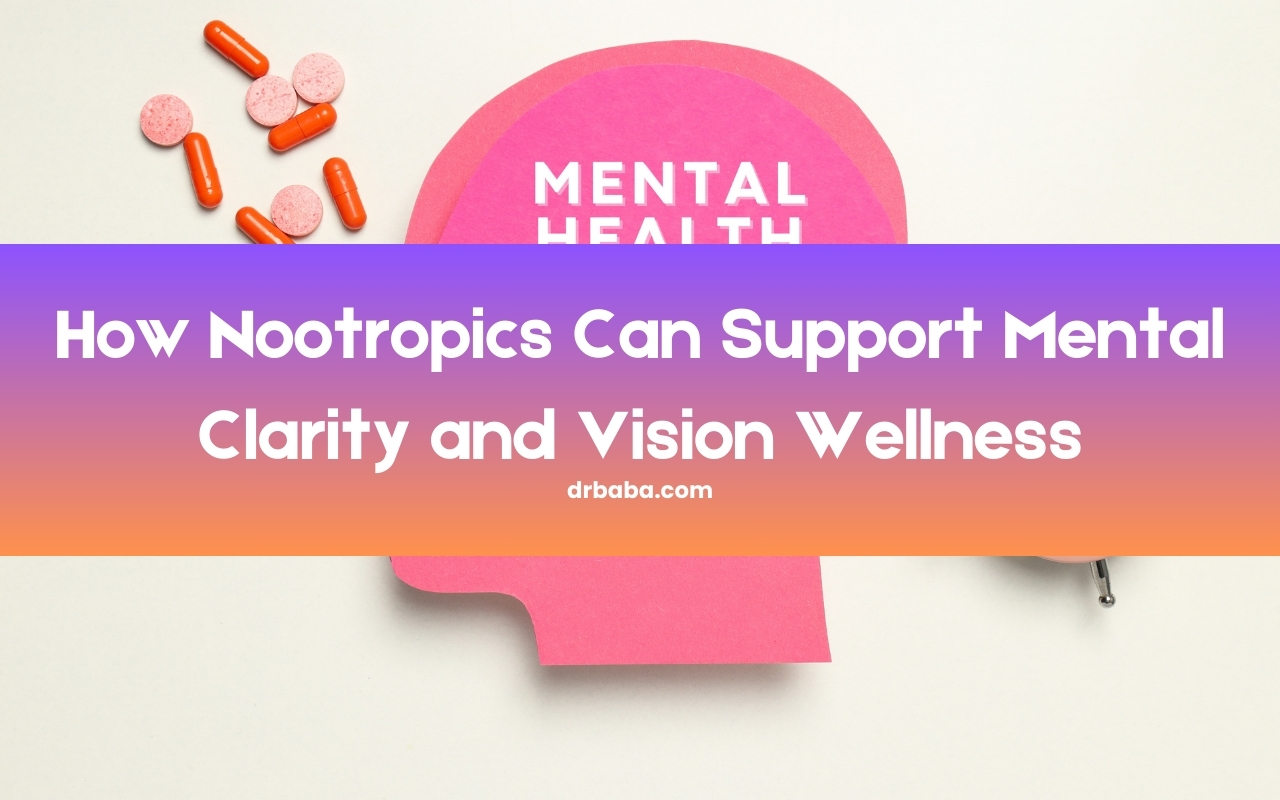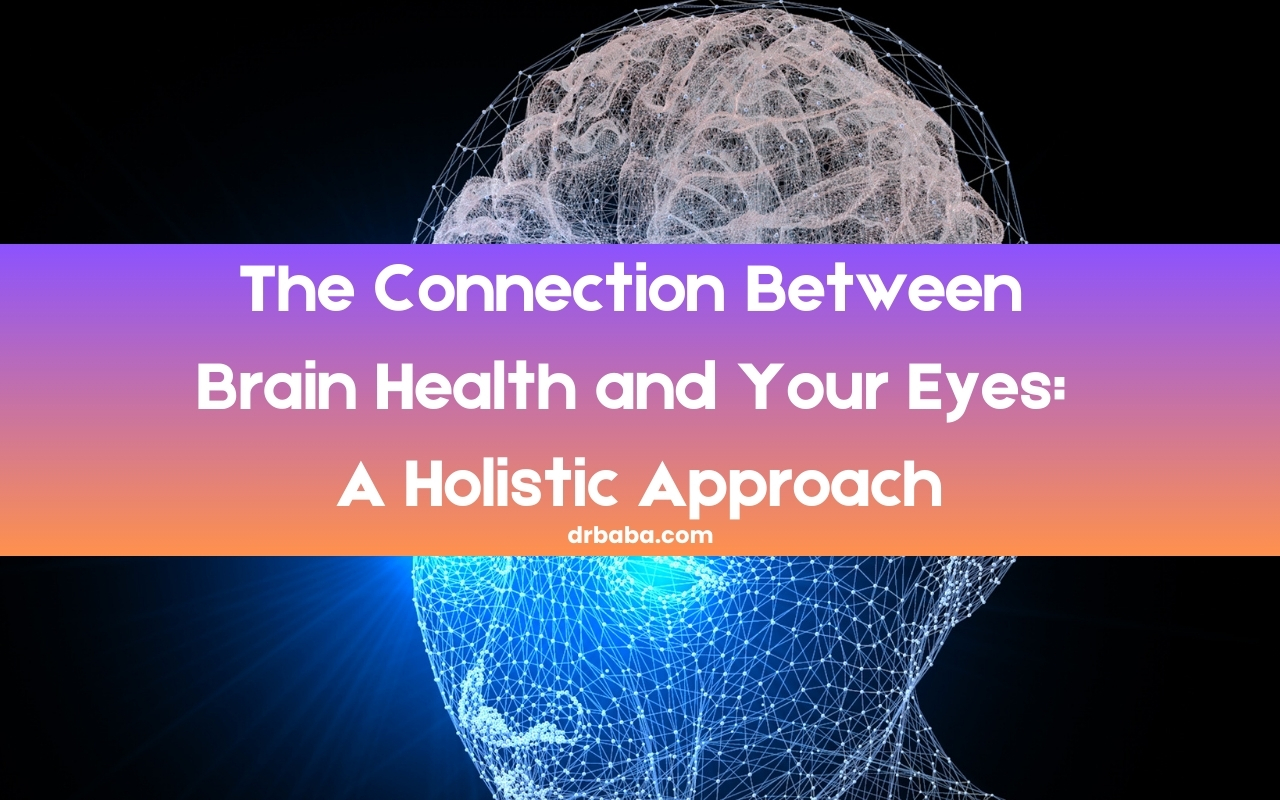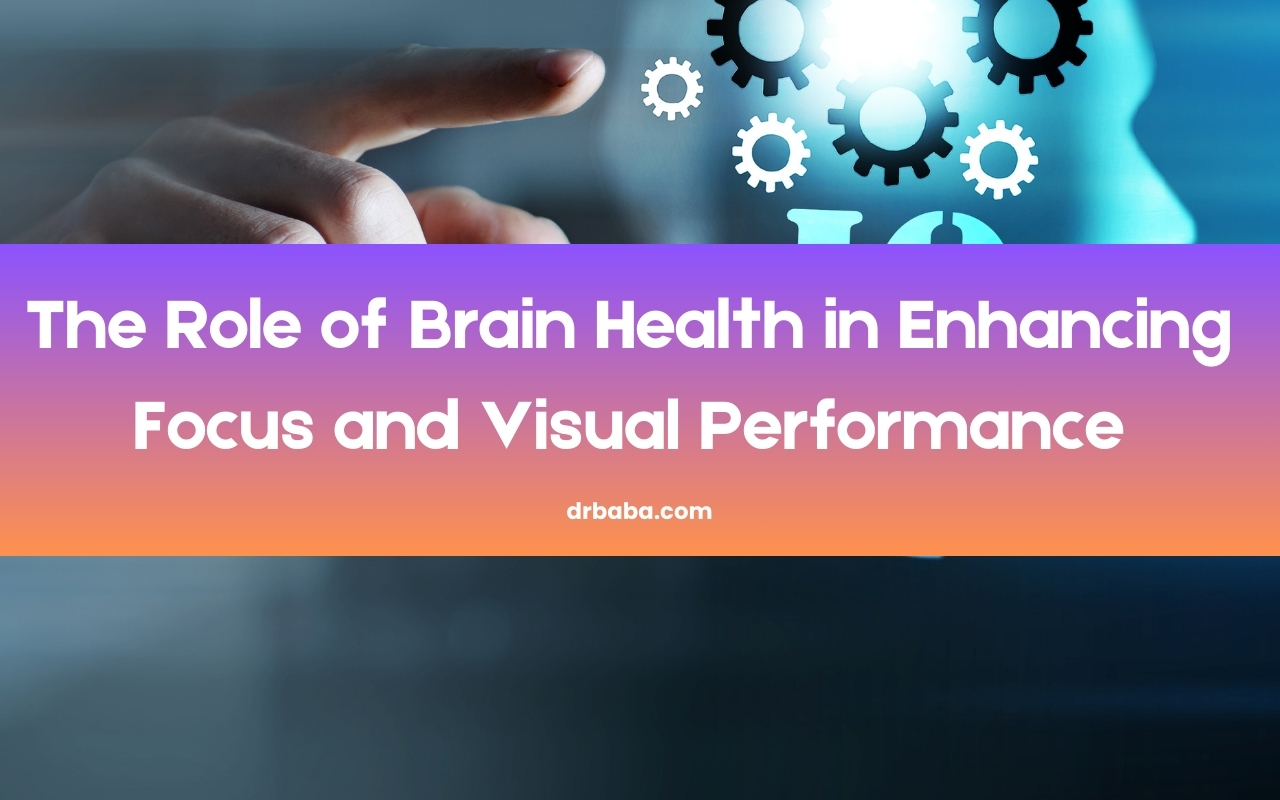
In our fast-paced modern world, the challenges posed by stress, fatigue, and a lack of focus can often feel overwhelming. Many individuals are seeking natural ways to enhance their mental clarity, boost their energy levels, and alleviate the weight of everyday stressors. Enter ashwagandha (Withania somnifera), an ancient herb revered in Ayurvedic medicine for its remarkable adaptogenic properties. This powerful herb has gained significant attention in recent years as a natural remedy for psychological and physical stress, helping people to reclaim their vitality and enhance their overall well-being.
Ashwagandha has been used in traditional medicine for thousands of years, praised for its ability to promote balance and resilience within the body. As an adaptogen, it helps the body adapt to stress, supporting our natural stress response systems. The herb acts by regulating cortisol levels—cortisol being the primary stress hormone—thereby mitigating the physiological effects of chronic stress and anxiety. Studies have shown that by lowering cortisol levels, ashwagandha can lead to a decrease in stress-related symptoms, ultimately enhancing mood and well-being.
The science supporting ashwagandha’s benefits is compelling. Research indicates that this herb not only alleviates stress but also enhances cognitive function and improves focus. This aspect is vital in today’s society, where many individuals juggle multiple responsibilities that require sustained attention and concentration. Ashwagandha’s ability to enhance cognitive performance can be attributed to its neuroprotective effects, which support memory and overall brain health. Furthermore, it may help combat fatigue by promoting physical energy, allowing individuals to maintain productivity throughout the day.
When considering incorporating ashwagandha into your daily routine, it is essential to understand how best to consume it to maximize its benefits. Ashwagandha is available in various forms, including capsules, powders, teas, and liquid extracts. Many people find that taking ashwagandha in the morning can help them harness its energizing effects, while others may prefer to use it in the evening to promote relaxation and improve sleep quality. The timing of consumption can play a significant role in how it affects the body’s energy levels and stress response.
As the popularity of ashwagandha grows, so does the array of products available on the market. It’s vital to choose high-quality supplements that are sourced from reputable manufacturers. Look for brands that offer organic or certified products, as the purity and quality of the herb can significantly impact its efficacy. Consulting with a healthcare provider before beginning any new supplement regime is always advisable, particularly if you are on medication or have underlying health conditions.
The journey towards stress relief, enhanced focus, and increased energy is not solely about introducing supplements into your routine; it also involves a holistic approach to health. Alongside ashwagandha, engaging in regular physical activity, maintaining a balanced diet rich in nutrients, practicing mindfulness and stress-relief techniques, and ensuring adequate sleep can all contribute to a comprehensive wellness strategy. Together, these elements can create a synergistic effect that amplifies the benefits of ashwagandha.
As individuals begin to incorporate ashwagandha into their lives, many report feeling a shift in their overall outlook and well-being. Enhanced resilience to stress, improved cognitive function, and increased energy levels can empower people to face daily challenges with renewed vigor. While the effects may vary among individuals, the potential of this ancient herb to support mental clarity and emotional stability is gaining recognition worldwide.
In conclusion, ashwagandha presents a natural solution for those grappling with stress, fatigue, and concentration issues. The evidence supporting its use is both extensive and enlightening, underscoring its role as a valuable ally in the quest for improved mental and physical health. By embracing this potent adaptogen within the framework of a holistic lifestyle, individuals can take significant strides towards achieving their goals, fostering a greater sense of peace, focus, and energy in their everyday lives.
For those interested in exploring more about ashwagandha and its benefits, various resources delve into the complexities and scientific backing of this remarkable herb. Refer to Healthline for an overview of the various health benefits of ashwagandha, including its role in stress reduction and enhanced cognitive function. Additionally, Cleveland Clinic provides insights into how ashwagandha can potentially aid in improving energy levels and overall health.
Engaging with ashwagandha thoughtfully, paired with conscious lifestyle choices, can lead to profound transformations. Consider embarking on this journey, and explore the potential improvements to your stress resilience, focus, and energy levels with ashwagandha as your ally.
 In today’s fast-paced and demanding world, maintaining optimal cognitive function has become essential for success in various aspects of life. The pressure to perform at our best—whether in academia, the workplace, or personal endeavors—can be overwhelming. As a result, many individuals are searching for ways to enhance their mental performance, leading to a substantial interest in nootropics. These substances, often known as “smart drugs,” have gained notoriety for their potential to boost mental clarity and cognitive function. Furthermore, as we delve deeper into the benefits of nootropics, we uncover their significant role in supporting vision wellness. This article explores how nootropics can enhance mental clarity and contribute to vision health, equipping readers with the knowledge to harness their potential benefits.
In today’s fast-paced and demanding world, maintaining optimal cognitive function has become essential for success in various aspects of life. The pressure to perform at our best—whether in academia, the workplace, or personal endeavors—can be overwhelming. As a result, many individuals are searching for ways to enhance their mental performance, leading to a substantial interest in nootropics. These substances, often known as “smart drugs,” have gained notoriety for their potential to boost mental clarity and cognitive function. Furthermore, as we delve deeper into the benefits of nootropics, we uncover their significant role in supporting vision wellness. This article explores how nootropics can enhance mental clarity and contribute to vision health, equipping readers with the knowledge to harness their potential benefits. The intricate relationship between brain health and vision is an area of study that is gaining considerable attention in the medical community. For many years, we have viewed our brain and eyes as separate entities, with brain health primarily associated with cognition and memory, and vision health focused on clarity and sight. However, recent research emphasizes the interconnectedness of these two essential systems, revealing how the health of one significantly impacts the other. This article explores the various facets of this relationship, highlighting the importance of adopting a holistic approach to maintain both brain and eye health.
The intricate relationship between brain health and vision is an area of study that is gaining considerable attention in the medical community. For many years, we have viewed our brain and eyes as separate entities, with brain health primarily associated with cognition and memory, and vision health focused on clarity and sight. However, recent research emphasizes the interconnectedness of these two essential systems, revealing how the health of one significantly impacts the other. This article explores the various facets of this relationship, highlighting the importance of adopting a holistic approach to maintain both brain and eye health. In the modern age, prioritizing brain health is more crucial than ever. As we navigate an environment filled with distractions, the ability to maintain focus and optimize visual performance can significantly influence our productivity, learning, and overall quality of life. Cognitive performance is intricately linked to the health of our brains, and understanding how to enhance this health is vital for anyone striving to improve their cognitive capabilities.
In the modern age, prioritizing brain health is more crucial than ever. As we navigate an environment filled with distractions, the ability to maintain focus and optimize visual performance can significantly influence our productivity, learning, and overall quality of life. Cognitive performance is intricately linked to the health of our brains, and understanding how to enhance this health is vital for anyone striving to improve their cognitive capabilities.
 As individuals advance in age, maintaining good health becomes increasingly important, and eye health is no exception. Regular eye exams are an essential aspect of health care for seniors, serving multiple purposes that extend beyond merely checking vision. The aging process brings about various changes in the eyes, increasing the risk of developing age-related eye diseases that can significantly impair vision and overall quality of life. This article delves into the multifaceted importance of regular eye exams for seniors, emphasizing the need for early detection, the management of chronic diseases, and the critical role in maintaining independence and a high quality of life.
As individuals advance in age, maintaining good health becomes increasingly important, and eye health is no exception. Regular eye exams are an essential aspect of health care for seniors, serving multiple purposes that extend beyond merely checking vision. The aging process brings about various changes in the eyes, increasing the risk of developing age-related eye diseases that can significantly impair vision and overall quality of life. This article delves into the multifaceted importance of regular eye exams for seniors, emphasizing the need for early detection, the management of chronic diseases, and the critical role in maintaining independence and a high quality of life.